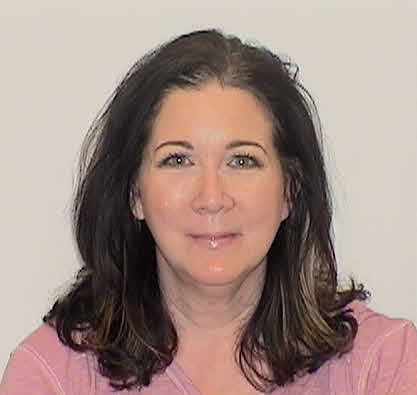Mark Vogel, PhD
Clinical Psychology, PhD program, Los Angeles campus
Q: What surprised you about the program at Alliant?
A: I remember lots of sessions collaboratively all trying to learn the same material feeling like we're helping one another. When we were there, there wasn’t a sense of competitiveness, but we all wanted to achieve our goals. I also really liked that our student body was not your typical student body. There were people who had previous careers or who had done other work and were coming back, and they had so much richness that they were bringing into the training. I was relatively new out of college and taking two years off to do some work, but these people were coming with years of experience, and I felt it was that kind of diversity of student body that was really helpful to me.
Q: Can you talk about the dissertation process?
A: One of the best words of advice my dissertation advisor’s assistant said was, “Mark, no one else is gonna write it except for you.” It was those words of encouragement that I think really helped me keep on task. It was a line of research I had a personal interest in, and she helped me find people who could support me in that work and I'm very proud of my work. Back in that day it was about Type A behavior and how it's related to cardiac disease, and I was able to pursue a health psychology track dissertation which is what I wanted, and I found the faculty who could support me in that effort.
Q: What did Alliant do during your program that you feel really supported you?
A: You get to know your faculty really well and we're very supported. I remember very much the lessons they gave me in in our classes and so I walked away feeling very supported in the program. And we were getting clinicians in the field who were doing that work every day and so when they would come to the classroom, we would hear what they experienced that day, and it gave us that inspiration about the work that we wanted to do, and it was very helpful.
Q: Did Alliant help with your transition into the workforce and, if so, in what ways?
A: I felt I was well trained because part of what they say in school in general is that half of what you're going to learn is going to be obsolete in a few years anyway. What they really teach you is how to learn. If you go back and use test materials that you used five years ago that's not going to work. You have to know how to keep up to date. I really felt that I was supported in teaching me how to learn so that I could continue learning throughout my career and that's never stopped.
Also, I stay in touch with some of our graduates and I meet people here at the APA conference who are graduates from many years back. Since I moved out of California it's been harder to connect with alumni association events, but I still feel connected with the university and the work that they do. Going to Alliant is a decision I've never regretted and it's really been something that's supported me well in my career and it’s been a really positive influence in my whole career.

